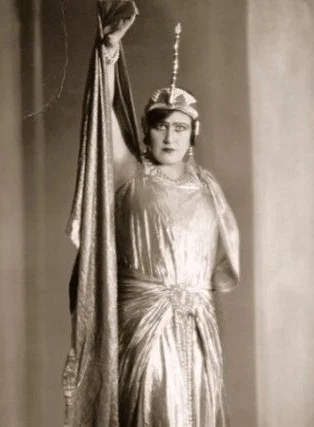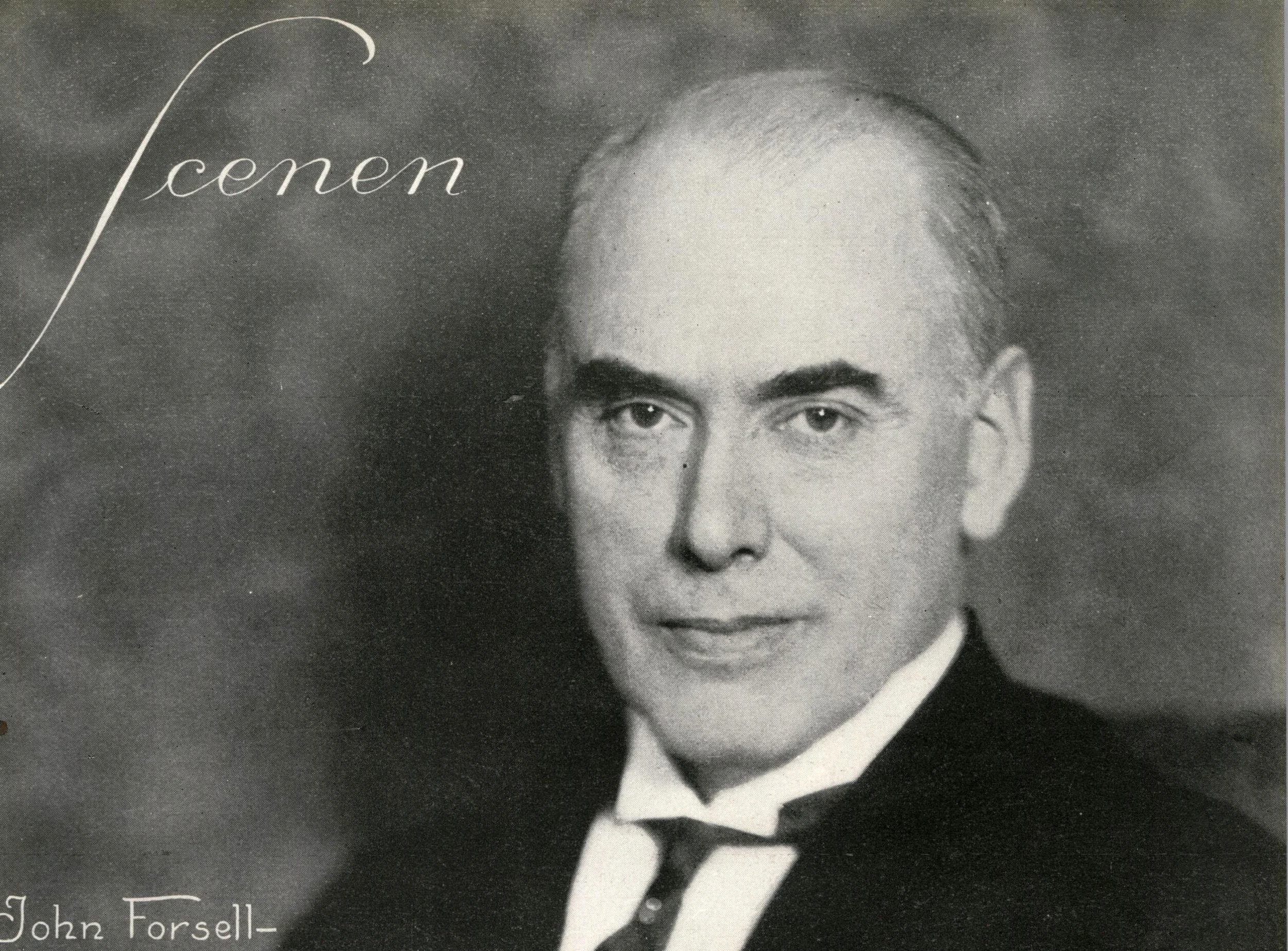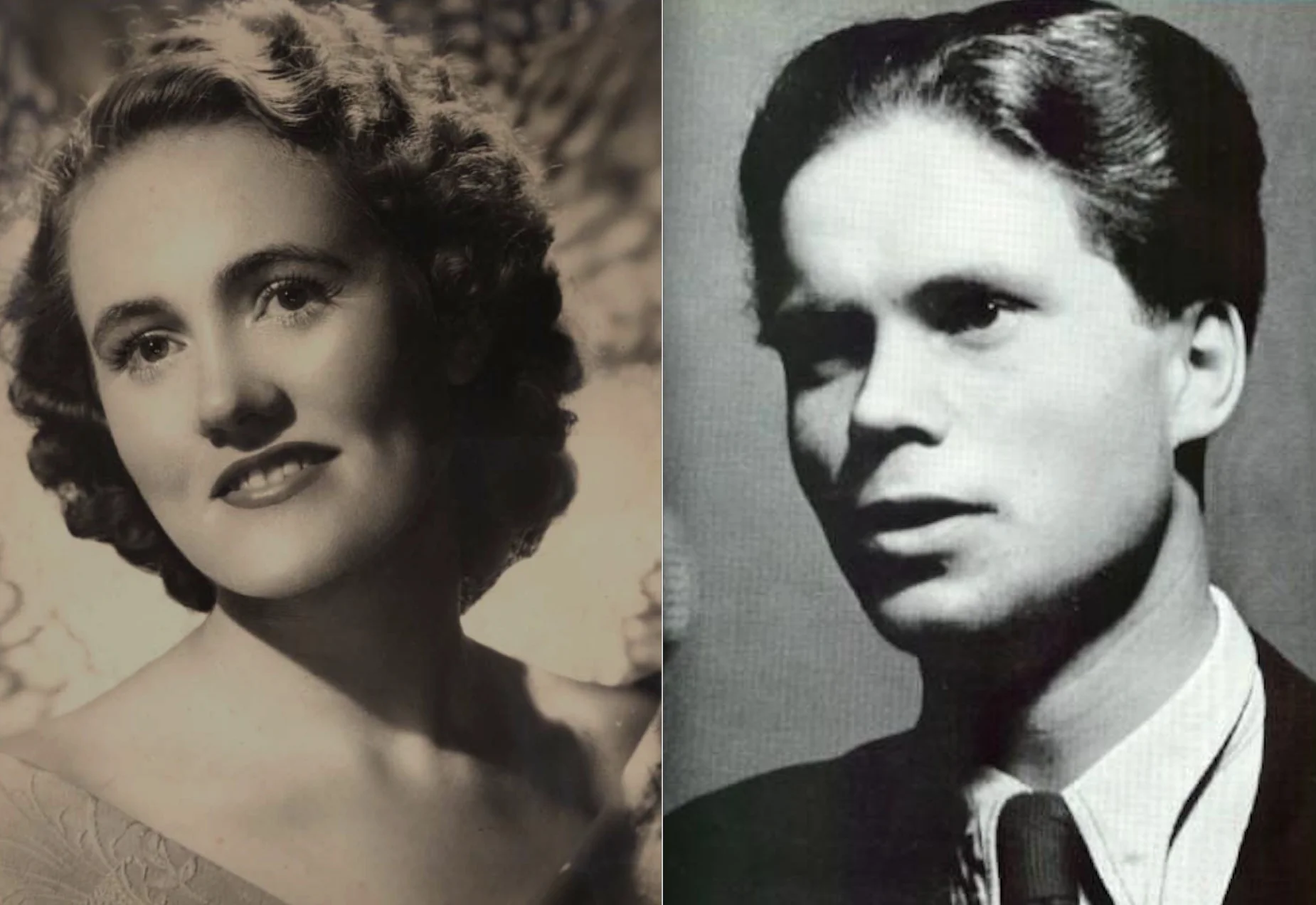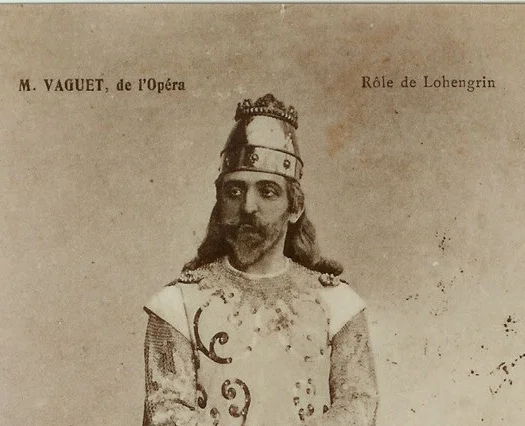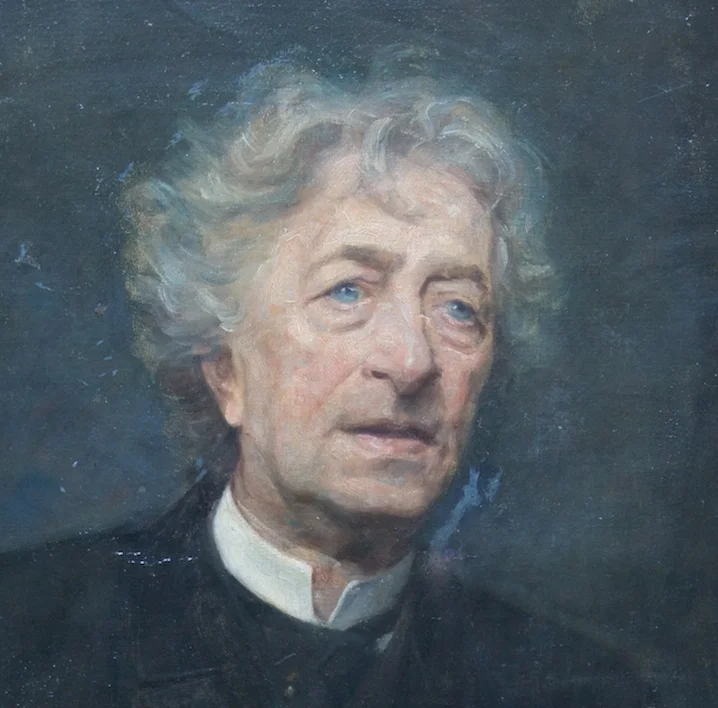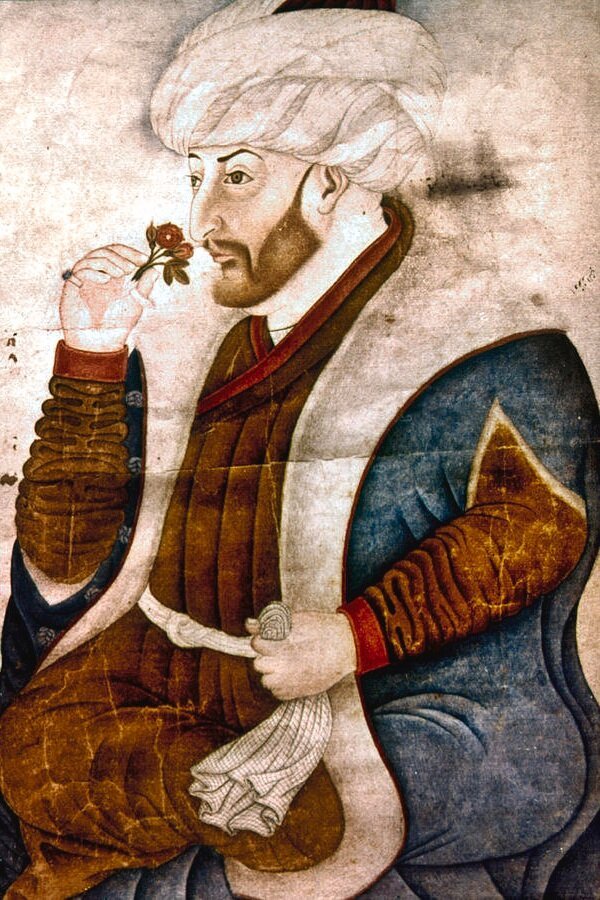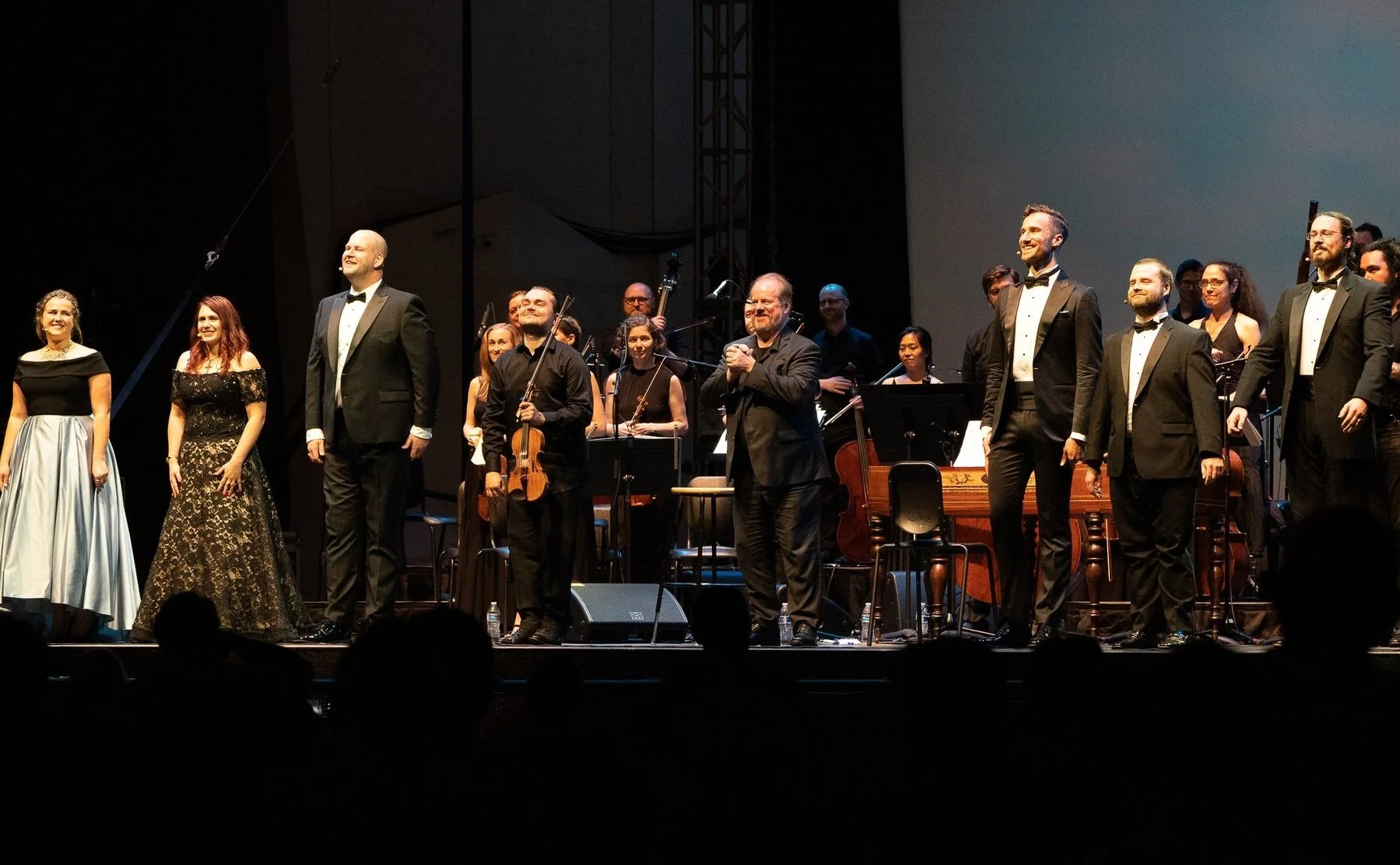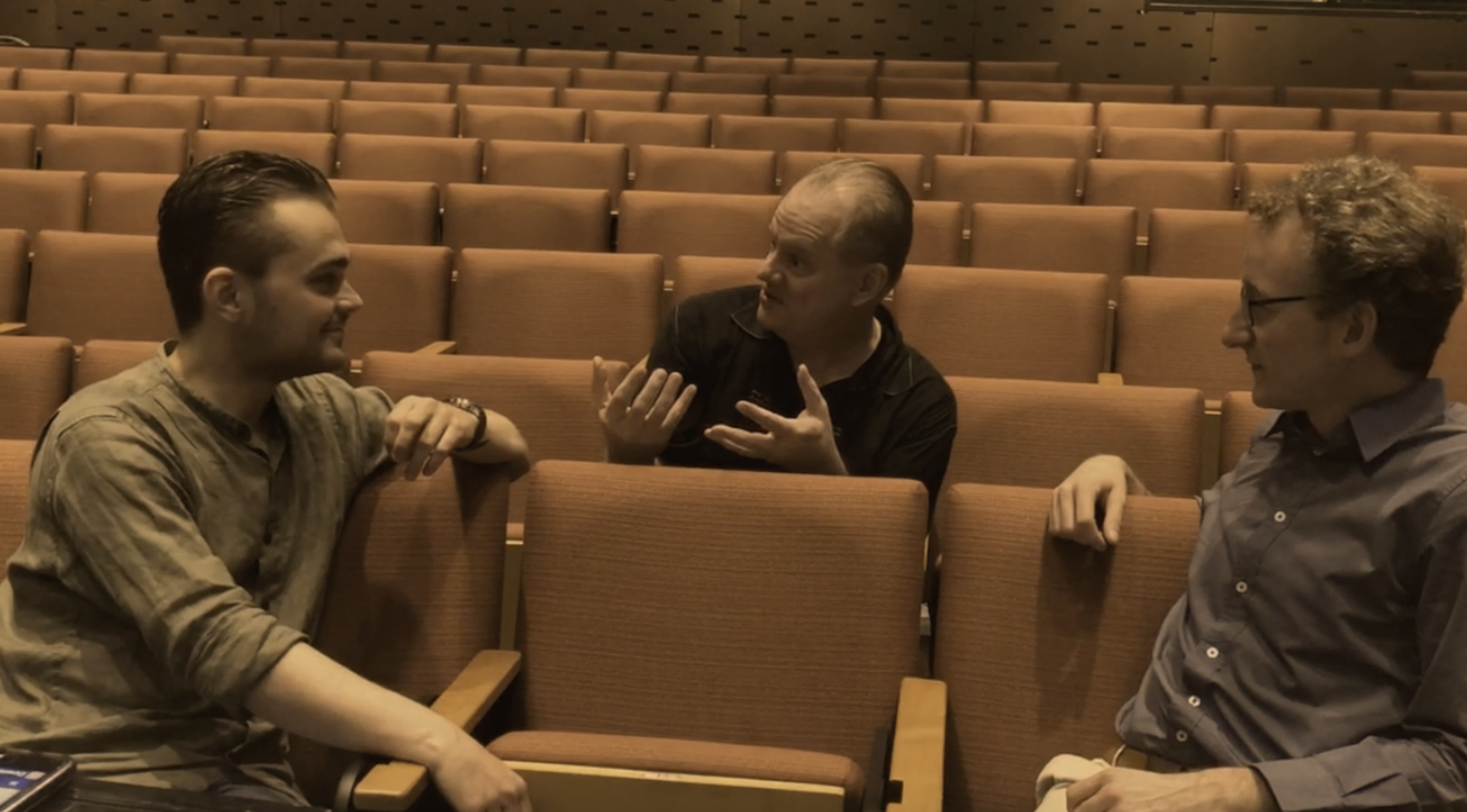When the Twain Began to Meet
Yi-Kwei Sze
The biggest demographic transformation in the classical-music world in the last half-century has been the opening of the field to musicians of the East Asian nations and their decisive success within it. But at first opera lagged behind orchestras in this integration, for an obvious reason: singing involves not just musicianship but verbal text, and the idea that “East is East and West is West” carries no greater weight than in the challenge of learning each other’s languages.
Poster for Sze's Town Hall debut
That has changed fast, and today every opera house counts singers from the Pacific Rim nations on its roster. The development is still quite new–so new that its very first pioneer can still be remembered by people living today. This was Yi-Kwei Sze, who established his career at a time when many Westerners had never seen or heard an Asian classical musician. It’s an interesting chapter in the long story of how European classical music became part of the whole world’s heritage.
But first the singer, since he is an admirable model for Bel Canto vocalists of whatever national origin. His was a plush, smooth bass-baritone voice, easy from low to high F and from well-supported pianissimo to unstrained fortissimo, and notable for the ability–at a time when this was dropping in the world’s priorities–to maintain tonal quality from beginning to end of a note or phrase without disruptive local changes. That’s an athletic skill that winds up being an interpretive skill: it lets him show long or short spans, continuations or interruptions, according to his understanding of the music.
As the King in "Aida," San Francisco 1950
The Brahms “Four Serious Songs” are my favorite demonstrations of this quality. In them, emotion has already been transmuted into reflection and meditation, but its intensity is concentrated rather than dissipated by that process. So they want smooth legato, but also the possibility of weight falling and being felt where it needs to fall. And they want an uncompromising rise and fall of power as well; these songs lose more than most if there is a sense that the singer is “managing” or strategizing. The Brahms cycle was a staple of Yi-Kwei Sze’s concert repertory, and he made a really memorable recording for a minor Dutch-German record label in the 1960s. Here is the first of the four:
For the New York Times critic who covered a recital in January 1957, “the most striking fact about Mr. Sze” was not that he came from remote cultural origins but simply that he was “a strikingly good technician.” He went on: “His voice is even, flexible, well-matched throughout its range, and capable of all needed subtleties of crescendo and diminuendo, tonal textures and vowel colorings. This supple, well-tempered musical instrument is at the service of a keen musical intelligence with an uncommon flair for song interpretation.” If I were a singer and could have only one review all my life, that one would do.
For an idea of that “flair,” and of the charismatic presence that went with it, try this YouTube clip, featuring the third song from the same Brahms cycle (I think it may come from a private performance at the White House, where Sze sang several times during the Kennedy administration).
If you watched that past the Brahms, you’ve seen that his merriment was just as striking as his gravity. The other item is an arrangement of the traditional Fengyang Flower Drum song, which goes something like this:
Left hand gong, right hand drum,
Singing with gong and drum in hand;
Other songs I can’t sing
I can only sing a Fengyang song.
Fengyang song, ah, here we go
Drrrrr piao....
My life is miserable, truly awful.
All my life I can’t get a good wife.
Others' wives sew delicate floral shoes;
My wife has pair of giant feet
It’s more than a foot long.
Drrrrr piao....
(OK that last verse sounds pretty sexist, but if it is any consolation there is another traditional verse for a wife complaining similarly about her good-for-nothing husband.)
Sze sang this and other Chinese songs wherever he went, sometimes in arrangements he made himself. But he also performed–in elite company–in English, French, Italian, German, and Russian. In hindsight, besides being a pioneer for Eastern singers in the West, he was one of the early models of the modern cross-repertory artist, making himself at home in the whole span of what we call “classical” vocal music.
Sze with President John F. Kennedy
Yi-Kwei Sze (traditional Chinese: 斯義桂; simplified Chinese: 斯义桂; Pinyin: Sī Yìguì) was born in Sizhang village, Shanghai, in 1915, exact date unknown. He emigrated to the U.S. in 1947. Leaving China to seek the secrets of Western art in the New World? The story is actually much more interesting. Bel Canto had already found him right where he was, and it came to him from points both East and West.
Yi-Kwei’s elementary school was run by Presbyterian missionaries from the United States who taught him the rudiments of music along with everything else. When his talent for that subject led him to the Shanghai Musical College at age 17, he found there a mentor who had fled from revolutionary Russia.
Vladimir Shushlin (1896-1978) was an unusually well-rounded musician who had studied violin (so did Sze) and composition before settling on a singing career, which took him to the Mariinsky theater and the role of Pimen opposite Feodor Chaliapin’s Boris Godunov. In 1924 it took him to Harbin, a city in northeast China that had been part Russian ever since it grew from a provincial village as the hub of the Eastern Railway connecting the two countries. He decided to stay; an already lively cultural scene was being invigorated by a large colony of musicians disillusioned with post-Revolutionary Russia. There was a busy opera house, with whose orchestra Shushlin made beautiful recordings of arias from Khovanshchina and The Tsar’s Bride for Victor in 1928, showing that Italianate legato and dynamic control were his to teach.
From Harbin he went to Shanghai, where he taught at the conservatory for a quarter-century. Shushlin was clearly a gifted linguist; he surprised his hosts by becoming the first foreign artist to perform traditional Chinese songs in their original languages, and adopted the professional name Su Shi-Lin (苏石林). After returning to teach at the Moscow Conservatory in his sixties, he recorded Handel oratorio arias in English. So it seems likely he laid the groundwork not just for Yi-Kwei Sze’s exemplary vocal technique but also for his ability to sing idiomatically and communicatively in all the main languages of the classical repertoire.
The pupil, meanwhile, was living through times just as turbulent and dramatic as the teacher had experienced in his own homeland. Japanese troops entered Manchuria when Sze was a 17-year-old student, and he was quickly active in fundraising efforts for the anti-Japanese forces, especially after the full-scale invasion of 1936 and the fall of his native Shanghai the following year. He escaped first to Canton, where he was eventually expelled for refusal to sing for the Japanese, then to Hong Kong, then after it too fell, to the temporary capital in Chongqing. During this whole period he gained a reputation as a singer for the resistance, and made his first commercial recording (for Pathé) in 1939.
Sze in recital at Aspen
After the Japanese surrender in 1945 he was able to return to Shanghai, but in the fall of 1947 he embarked for San Francisco. Not to study (though he did take advantage of the opportunity to coach with the great Alexander Kipnis), but to make his way in the marketplace with skills already mastered. The China Society of America, founded in 1911 to support cultural and economic exchange, sponsored him in recital at New York’s Town Hall within a month of his arrival, and he soon began a series of first-class engagements that continued for three busy decades.
His voice was apparently not voluminous enough for opera to be his main occupation, though he did have successful ventures into it (among them Sarastro in the NBC telecast of Die Zauberflöte alongside the young Leontyne Price in 1956, and several highly-praised Handel roles when those operas began to be revived).
The real meat of his career, though, was concert work with the world’s top orchestras and conductors: Karajan, Mitropoulos, Haitink, Munch, Boulez, Steinberg, Dohnanyi, Krips - all these and others turned to him repeatedly for oratorio and concert solos. In a way his most important operatic presence was as Boris Godunov, not on stage but in a program of concert excerpts that he performed for over two decades with multiple orchestras in the US and Europe. (At least three widely spaced performances survive in sound, notable for beauty and expressiveness and–perhaps surprisingly, given his connection through Shushlin–for their independence from the Chaliapin model that most basses imitated to some degree.)
Sze teaching in Shanghai 1979
As he approached sixty Sze made a gradual transition into teaching, and led the vocal department of the Eastman School until his retirement in 1981. That means that almost the whole of his international career took place at the time his homeland was under a government that his adopted country did not recognize, the People’s Republic of China. Like many emigrés he was in a delicate position; he did appear, though not often, in Nationalist Taiwan and British Hong Kong, but not until the very end of his singing career could he revisit his native city. He finally did so in 1978, just before US-China relations were normalized, and in the following year he visited Beijing at the head of “group B” of the US diplomatic delegation. He then promptly accepted a guest professorship at the conservatory where he had studied half-a-century before in a wholly different world.
The Kipling poem from which the familiar catch-phrase comes (“Oh, East is East and West is West and never the twain shall meet”) tells of borders being erased through the mutual respect of “two strong men” on opposing sides of a military struggle. It’s pretty romanticized even in the context of its time, and appallingly celebratory of war-as-sport in the context of ours. All the more reason to read it: the effort to understand another era’s views is one of the ways civilization seeks wisdom. That’s similar in its way to the effort required to understand the arts of a culture other than one’s own. Strong men and women–strong minds and spirits–make that effort, sometimes overcoming dissuasion or resistance, and by doing so they increase the total of civilization’s bounty available to all of us. Yi-Kwei Sze was exceptionally strong in that sense, and brought honor both to the culture from which he came and to the one he embraced.



















![Image 2 - Henry T. [Harry] Burleigh - Detroit Public Library.jpeg](https://images.squarespace-cdn.com/content/v1/596bb4e703596e837b624445/1591713684327-N7HW488JSZ7EN8T5AJSR/Image+2+-+Henry+T.+%5BHarry%5D+Burleigh+-+Detroit+Public+Library.jpeg)







